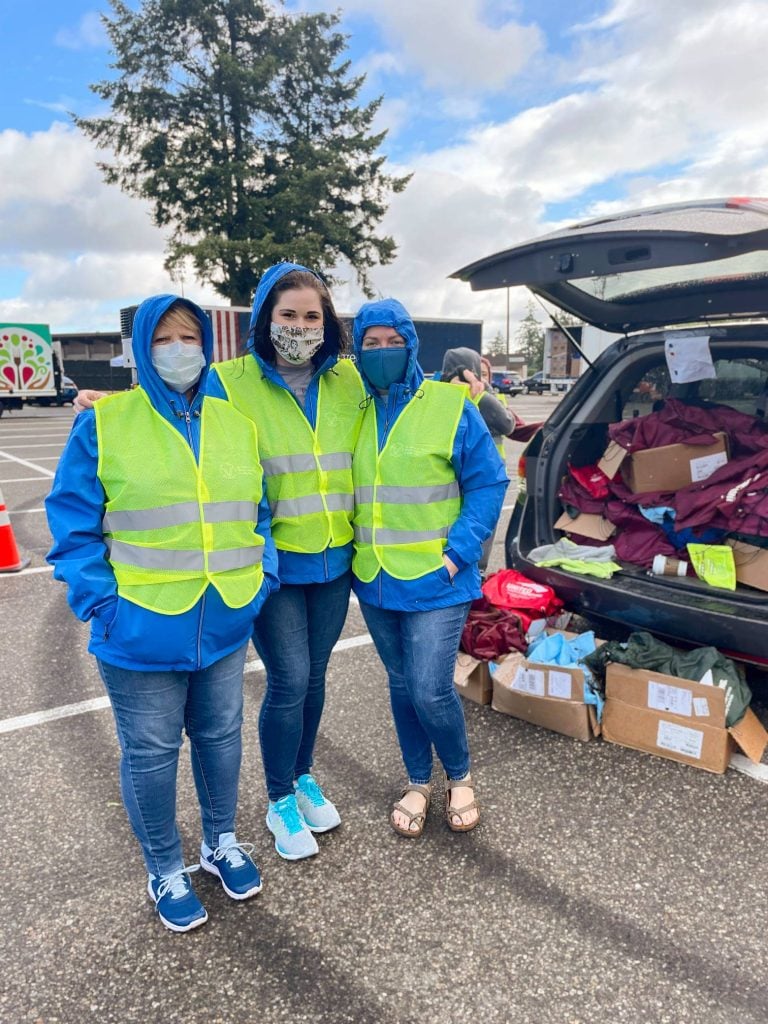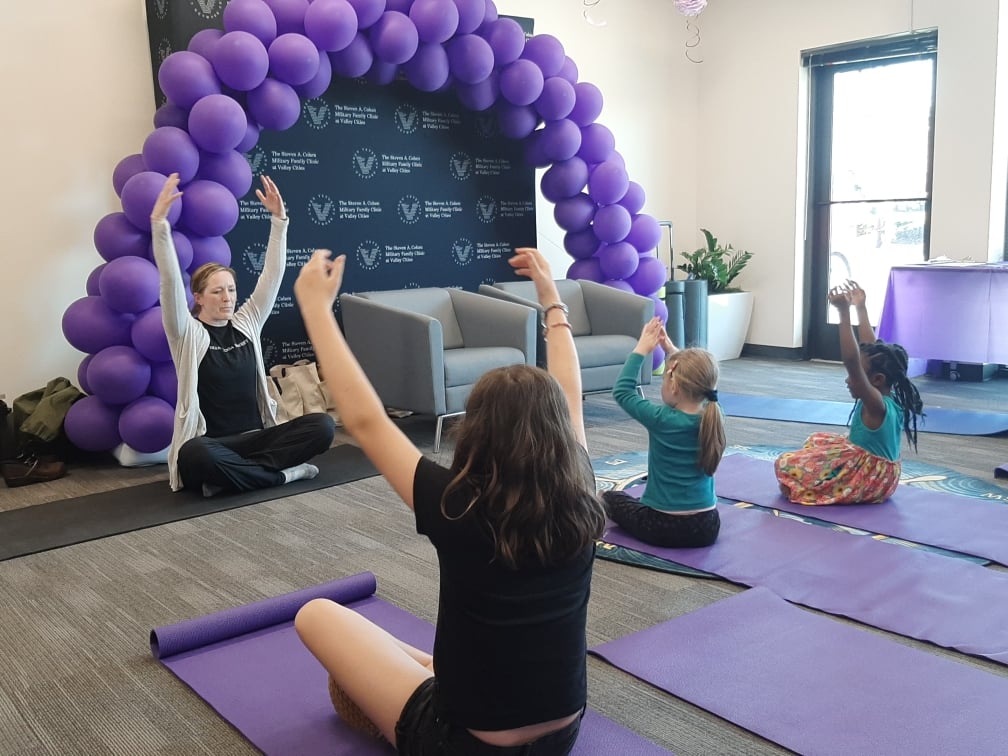COVID-19’s Lingering Toll on Youth Mental Health
Calls for Targeted Interventions among Military Families
The COVID-19 pandemic may be officially over, but we are only starting to understand its long-term on mental health, including school closures, social isolation, and daily routine changes. The pandemic fallout only exacerbates mental health in military families for some children who may face frequent relocations, loss of friendships, or the death of a parent.
Opened in 2019, The Steven A. Cohen Military Family Clinic at Valley Cities addresses crucial areas and unmet mental health needs within the military community through evidence-based outpatient behavioral healthcare. It serves members of the military and veterans’ families throughout Washington.
Located in Lakewood, Washington, the clinic offers outpatient mental health treatment designed for post-9/11 veterans and their family members, using a compassionate, individually tailored, and comprehensive approach. Any individual who has served in the Armed Services, including the National Guard and Reserves, and current active-duty service members, regardless of their role or discharge status, are eligible for assistance.
We recently discussed the mental health challenges of veterans’ children and the work to improve their mental health and overall quality of life with Nichole Ayres, the clinic director at Valley Cities, who recently spoke on a panel at our Military Children’s Mental Health convening.
Embedded in the Community
Youth coming out of the pandemic and back to classrooms struggled with virtual instruction and separation from peers. Now that students are back in school, Valley Cities Clinic learned the best way to reach more kids is to meet them at school.
The two local school districts have a significant connection to the military community. Approximately 10% of children in Bethel and over 30% of children in Clover Park have at least one active-duty parent. With many post-9/11 veterans’ children attending these schools, the need for mental health services and family support is even more pronounced.
Ayres explains they have seen an increase in suicidality, depression, and anxiety over the past few years.

“That’s fueled a lot by the pandemic and that we put a lot of families in high-pressure situations where they were all at home together,” says Ayres.
Students in both districts report a significantly higher rate of difficult childhood experiences, including coping with deployed parents or family instability, than the national average, highlighting the urgent need for essential mental health services in these communities.
“We’re looking at growing that [program by adding] additional providers onsite at both a middle school and possibly a high school to provide care while the students are at school to hopefully reduce some of the barriers [of care],” says Ayres.
Bob Woodruff Foundation’s investment will support these clinical services at Dr. Claudia Thomas Middle School and a new clinical position at Lakes High School.
Staff members also actively engage in suicide prevention initiatives, reducing the stigma associated with mental health diagnoses and treatment, military cultural competence training for community providers, and forming closer partnerships with these school districts.
“We have groups to support military youth, in general, but also the specific community of LGBTQA+ [youth], that we find just has some additional supports and needs,” explains Ayres.
Expanding the in-school therapy program would make another therapist available, improving access for families and existing clients who prefer school-based care. This change would also eliminate obstacles to care for school-aged kids who require mental health care. The objective is to equip all military children with the necessary tools to excel academically and socially.
Military Family Mental Health Focus
To meet the diverse needs of this large military community, the Valley Cities Clinic accepts referrals from the Department of Veterans Affairs (VA) and local Military Treatment Facilities (MTF), delivering care to all military-connected families, including unmarried partners and extended family members, who may be ineligible for treatment at the MTF.
Recognizing that the VA cannot provide services to all, the clinic fills this crucial gap by delivering high-quality care.
“[We’re] working with a family system, and the parents are going to be a part of that all the way up until 18 [years old], so we can serve them throughout their entire school career,” explains Ayres.

So, to complement their in-school services, the Cohen Clinic offers family and couples therapy and case management assistance. The case manager and care coordination team support everything from securing food resources, job readiness, resume writing, and interview preparation.
The staff members are a part of the community they serve, too.
“A good 90% of my staff are military spouses, veterans, or family members,” says Ayres. “Being able to pull together a team that is passionate about the population that we serve, that’s passionate about our mission, and that’s invested in providing the best care possible to our military community is incredibly rewarding.”
The Bob Woodruff Foundation pledged a $1M investment in Military Children’s Mental Health to ensure families can access mental health care, community support, and additional resources to help children thrive.









